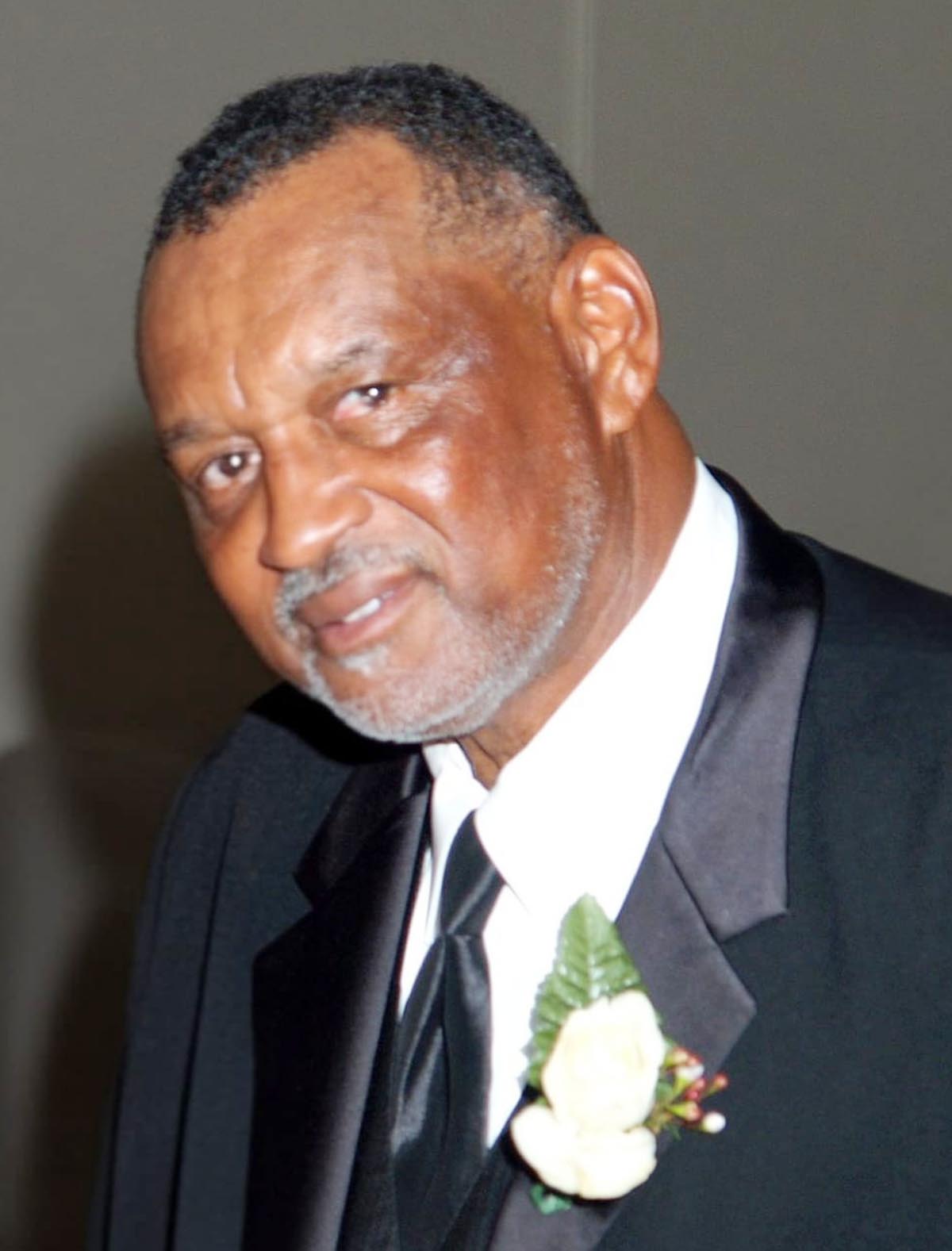By DAVID NAHAN/Sentinel staff
Gov. Phil Murphy said “hard dates” for reopening the state’s economy could come as early as the end of the week.
Speaking at his daily press conference Monday, he emphasized that data on the COVID-19 pandemic will take precedence in deciding when New Jersey’s economy will reopen, but “I hope to put dates on the schedule soon.”
“I hope to have news to report later this week,” he added.
The governor has preached throughout the pandemic that the state’s public health creates economic health. On Tuesday he was going to point to some of the reopening metrics including the ramping up of COVID-19 testing and “costly” statewide contact tracing. Those are part of his six-step plan to get the economy going again.
While there are now more than 140,000 New Jersey residents who have tested positive for the coronavirus and more than 9,310 have died – more than half at long-term care facilities, the governor and state Health Commissioner Judy Persichilli both pointed to trends showing the number of cases slowing along with decreasing numbers of patients in intensive care and using ventilators.
A priority at the press conference was talking about federal funding. U.S. Robert Menendez and the governor talked about a $500 billion aid package in the works to help state and local governments pay for essential support. The senator said he was lining up bipartisan support because it shouldn’t be a blue or red state issue.
Murphy said the states aren’t asking for a bailout, but to prevent a public health emergency turning into a second Great Depression.
Graduation clarification
State Police Col. Pat Callahan clarified his statements about graduation car wave parades that some took to mean they were not allowed.
Because normal high school graduations are not going to be allowed in the near future, some schools or parents have resorted to a type of car parade, having cars pass by houses to wave to graduates. Callahan said Monday there is no problem if the wave parades have cars passing by houses of individual families. What is not allowed, he said, is having groups of high school seniors gathering together at a park or stadium and then having others drive by the group.
“The wave parades are a great gesture,” Callahan said, “but when there are 50 people standing together that’s where the problem comes in.”
As long as the students don’t gather together, the car wave parades are fine, he said.
When pressed on whether all graduations will have to be virtual, the governor said there is a possibility they could take place later in the summer. “Could we get there down the road? Yes, but I can’t promise that,” he said. “Never say never, but for the moment we can’t congregate. This is still an overwhelmingly stay-at-home state.”

